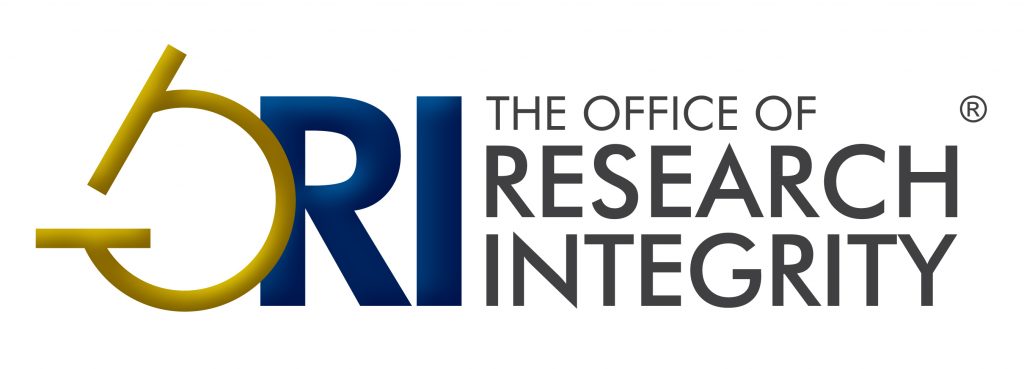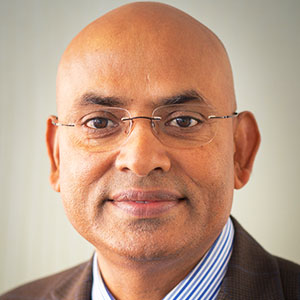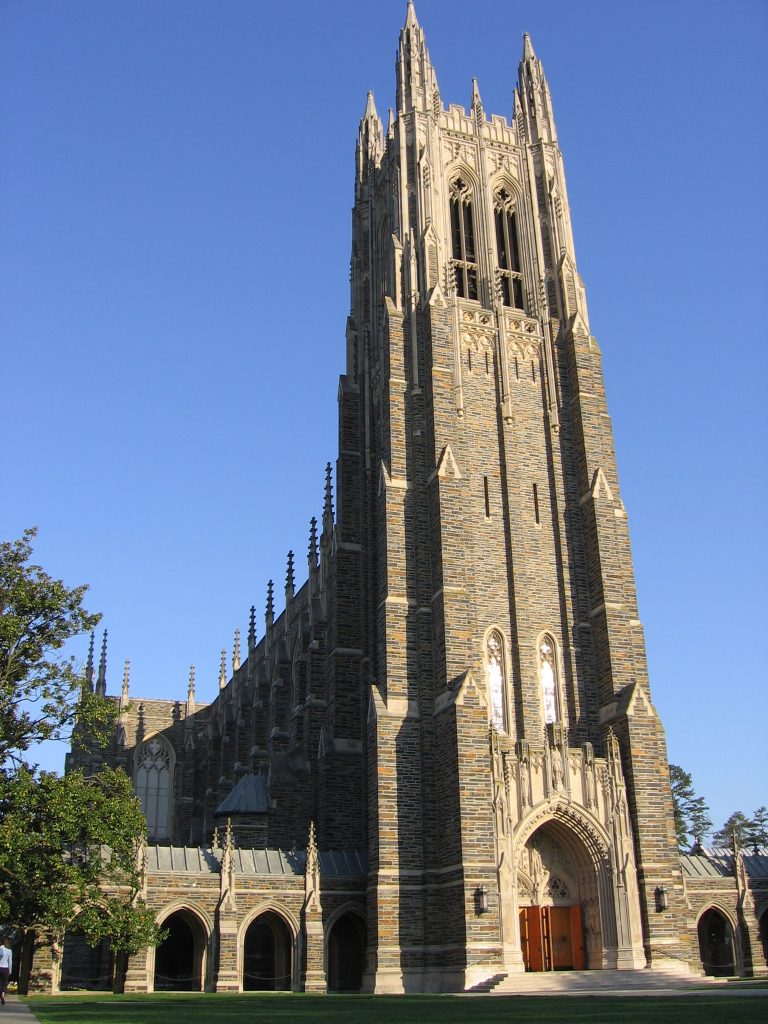
A former scientist at Wayne State University in Detroit who lost his PhD from the institution has agreed to a 10-year ban on any federally funded research after being found guilty of misconduct.
The U.S. Office of Research Integrity says Zhiwei Wang fabricated data in nine grants funded by the National Institutes of Health, as well as in three grant applications and his 2006 doctorate.

Wang’s bogus data was published in 15 14 papers, according to the ORI, 14 13 of which already have been retracted. Under the terms of the agreement, Wang will ask for the retraction or correction of the 15th article, a 2008 study in Molecular Cancer Therapeutics titled “Induction of growth arrest and apoptosis in human breast cancer cells by 3,3-diindolylmethane is associated with induction and nuclear localization of p27kip.”






